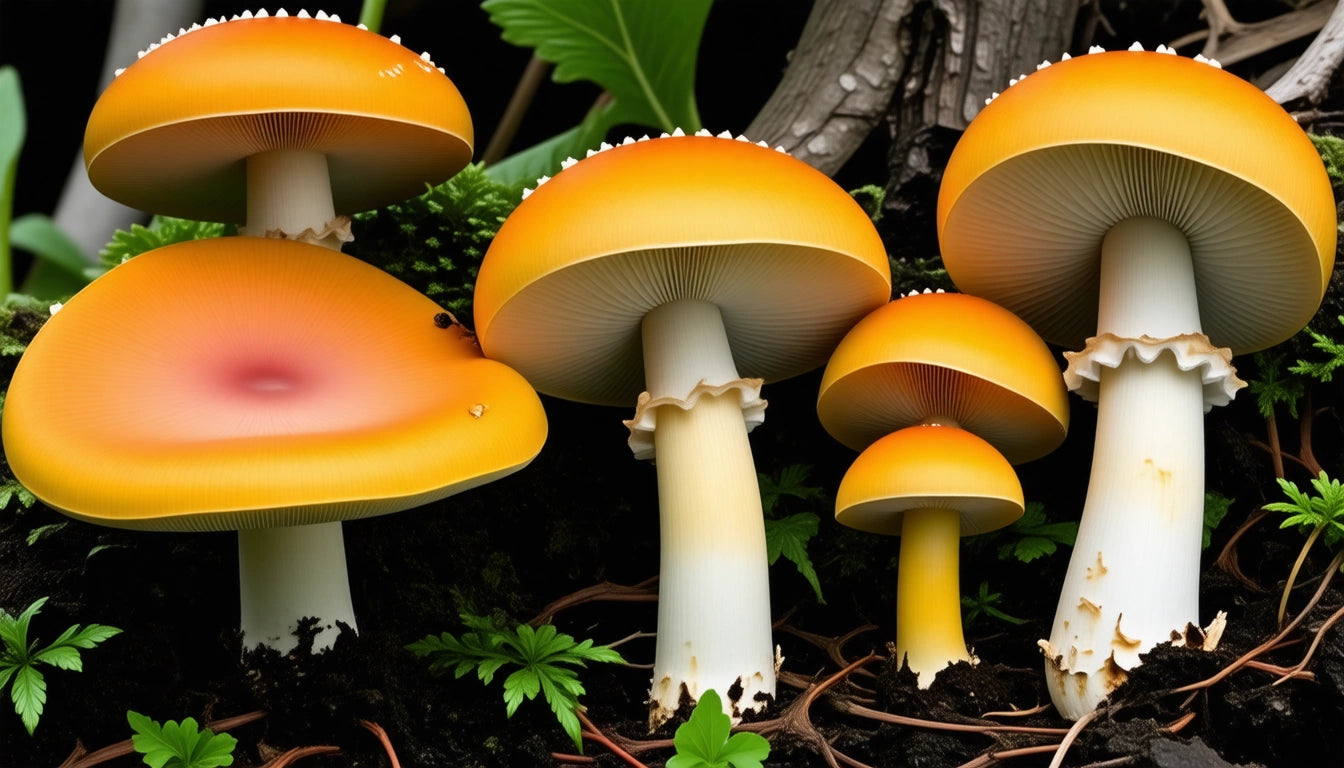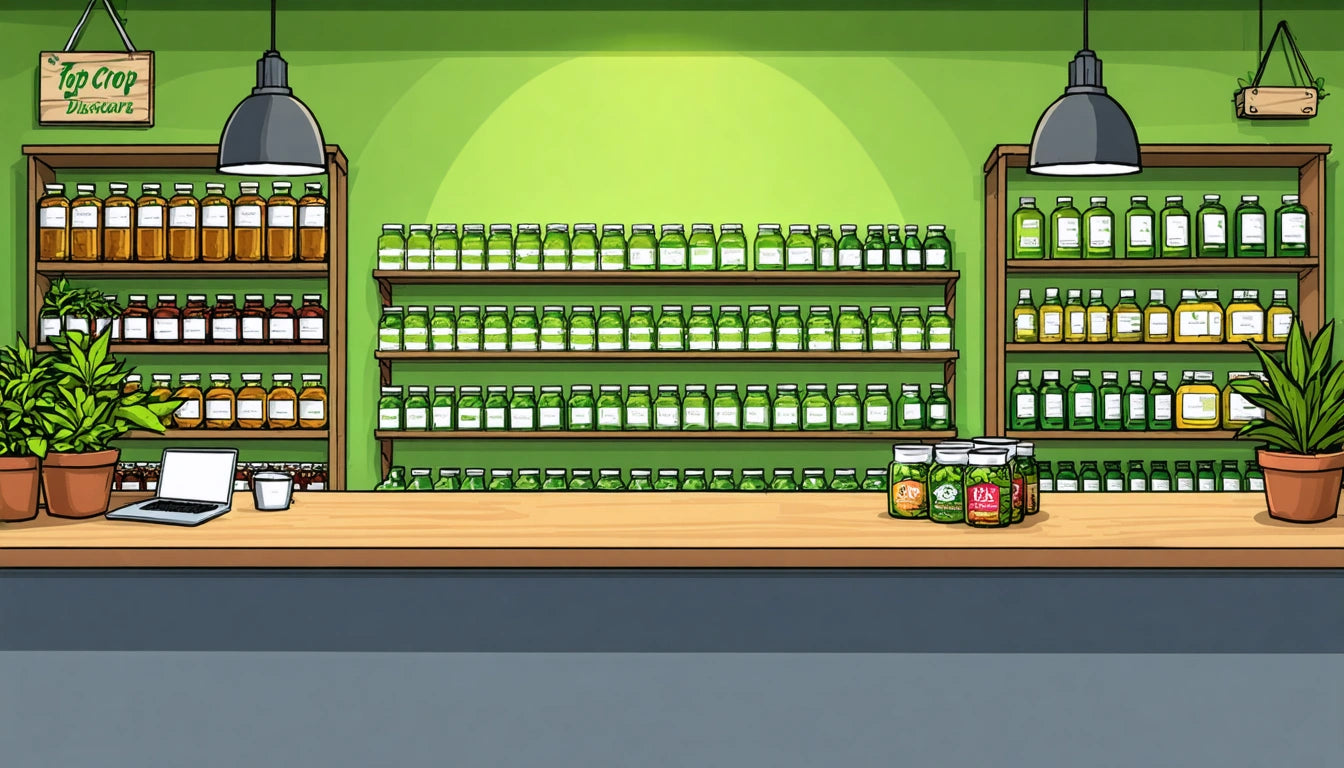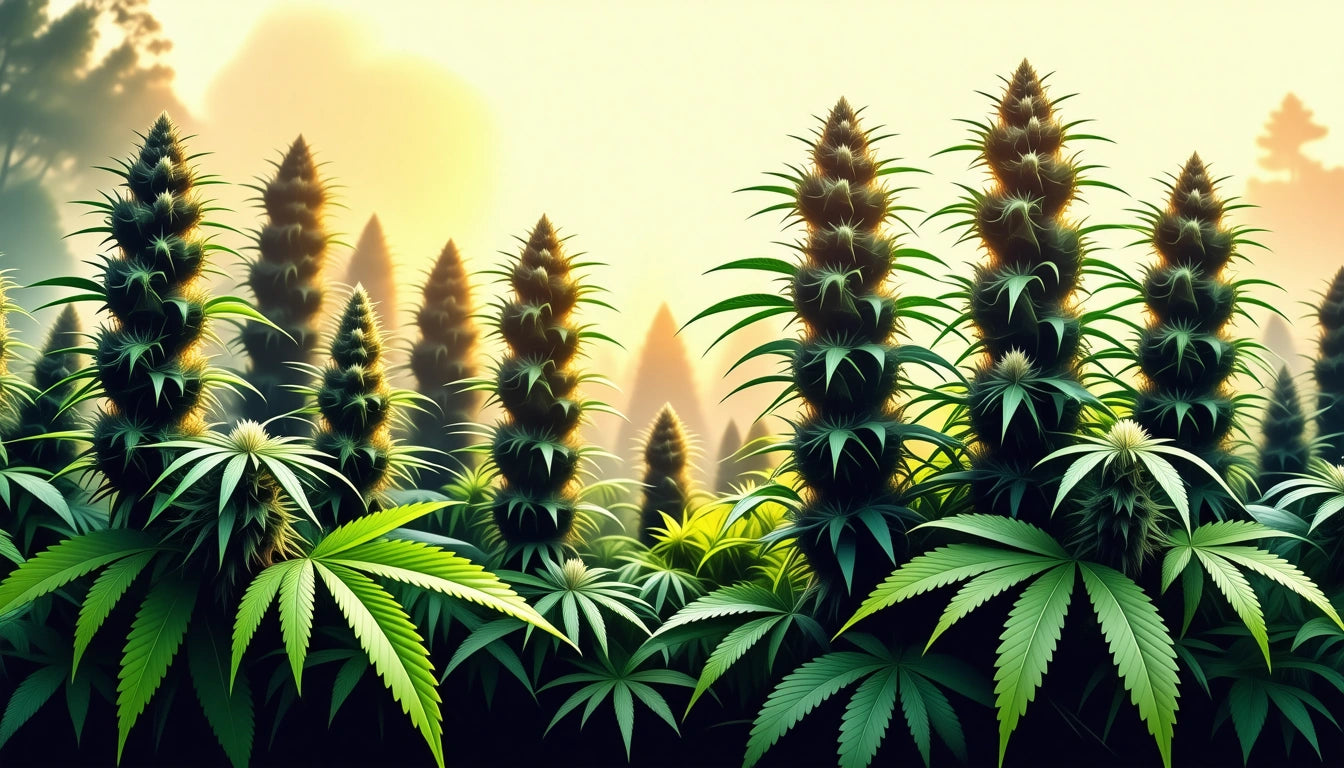Table of Contents
Understanding the Legal Status of Mushrooms and Edibles in Illinois
Illinois has established itself as a progressive state regarding cannabis legislation, but the legal status of various substances, including mushrooms and edibles, can be confusing for residents and visitors alike. This comprehensive guide clarifies what is legal and what remains prohibited under Illinois law.
Legal Status of Mushrooms in Illinois
When discussing whether mushrooms are legal in Illinois, it's essential to distinguish between culinary mushrooms and those containing psychoactive compounds. Culinary and medicinal mushrooms like shiitake, reishi, and lion's mane are completely legal to possess, cultivate, and sell in Illinois, as they are throughout the United States.
However, the legal status changes dramatically when considering mushrooms containing psilocybin, commonly known as magic or psychedelic mushrooms. According to a state-by-state guide on mushroom legality, Illinois classifies psilocybin as a Schedule I controlled substance.
Psychedelic and Magic Mushrooms in Illinois
Current Legal Status
Are magic mushrooms legal in Illinois? The short answer is no. Psilocybin-containing mushrooms remain illegal at both the state and federal levels. Possession, cultivation, and distribution of psychedelic mushrooms in Illinois can result in serious legal consequences, including:
- Felony charges for possession
- Potential prison sentences ranging from 1-3 years for small amounts
- Heavier penalties for larger quantities or intent to distribute
- Permanent criminal record affecting employment and housing opportunities
As detailed in this resource on psychedelic mushrooms' legal status, Illinois has not yet followed the path of states like Oregon and Colorado, which have taken steps to decriminalize or legalize psilocybin in limited contexts.
Reform Movements
Despite current prohibitions, there are growing movements advocating for psychedelic reform in Illinois. Several initiatives aim to decriminalize psychedelic mushrooms, particularly for therapeutic and medical research purposes. These efforts parallel the gradual shift in public perception and scientific understanding of psilocybin's potential therapeutic benefits.
While psychedelic mushrooms remain illegal in Illinois, cannabis edibles have been legal for adults 21+ since January 2020, with specific regulations governing their production, sale, and consumption.
Cannabis Edibles: Legal Framework in Illinois
Are edibles legal in Illinois? Yes, cannabis edibles became legal for recreational use when Illinois implemented the Cannabis Regulation and Tax Act on January 1, 2020. Illinois cannabis regulations permit adults 21 and older to purchase and possess cannabis products, including edibles, with certain limitations:
Purchase and Possession Limits
- Illinois residents: Up to 500mg THC in cannabis-infused products (including edibles)
- Non-residents: Up to 250mg THC in cannabis-infused products
- All edibles must be purchased from licensed dispensaries
- Home production of edibles for personal use is permitted for medical cannabis patients only
According to comprehensive Illinois cannabis laws, the state maintains strict regulations on how edibles can be manufactured, packaged, and sold to ensure consumer safety and prevent access by minors.
Safety and Packaging Requirements
Illinois imposes stringent packaging and labeling requirements for cannabis edibles. These requirements align with national safety standards for consumer products that present potential risks if accessed by children. All cannabis edibles in Illinois must be:
- Sold in child-resistant packaging that meets CPSC requirements
- Clearly labeled with THC content and serving size information
- Free from packaging or marketing that might appeal to children
- Marked with the universal THC symbol
- Accompanied by proper warning statements
The importance of proper packaging cannot be overstated, as effective child-resistant solutions significantly reduce the risk of accidental ingestion by minors, a concern that has been highlighted by public health officials as edibles have become more widely available.
Comparing Illinois to Other States
Illinois' approach to mushrooms and edibles can be better understood when compared to other states:
Mushroom Legislation Comparison
While Illinois maintains prohibition on psilocybin mushrooms, other states have taken different approaches:
- Oregon: First state to legalize psilocybin for therapeutic use
- Colorado: Decriminalized personal use of psilocybin
- California cities (Oakland, Santa Cruz): Decriminalized plant-based psychedelics
- New York: Similar to Illinois, maintains prohibition but with reform movements gaining momentum, as detailed in this New York comparison
Cannabis Edibles Policies
Illinois has positioned itself among the more progressive states regarding cannabis edibles:
- Similar to Colorado and California with fully legal recreational edibles
- More permissive than states with medical-only programs
- More restrictive than some states in terms of possession limits
- Comparable safety and packaging requirements to other legal states
As noted in this comparison with Pennsylvania, Illinois has embraced a more comprehensive legalization framework for cannabis products while maintaining traditional prohibitions on psychedelics.
The Evolving Legal Landscape for Mushrooms and Edibles
The legal status of both mushrooms and edibles in Illinois continues to evolve. Several factors suggest potential changes on the horizon:
- Growing research supporting therapeutic applications of psilocybin
- Successful implementation of decriminalization measures in other jurisdictions
- Increasing public support for drug policy reform
- Ongoing refinement of cannabis regulations based on implementation experience
For Illinois residents and visitors, staying informed about these evolving regulations is essential. While cannabis edibles enjoy legal status with clear regulations, psychedelic mushrooms remain prohibited despite growing reform movements. As with any controlled substance, understanding the specific legal parameters is crucial to avoid unintended legal consequences.
The contrast between mushroom prohibition and cannabis legalization in Illinois reflects broader national trends in drug policy reform, where changes typically occur gradually and unevenly across different substances and jurisdictions.











Leave a comment
All comments are moderated before being published.
This site is protected by hCaptcha and the hCaptcha Privacy Policy and Terms of Service apply.